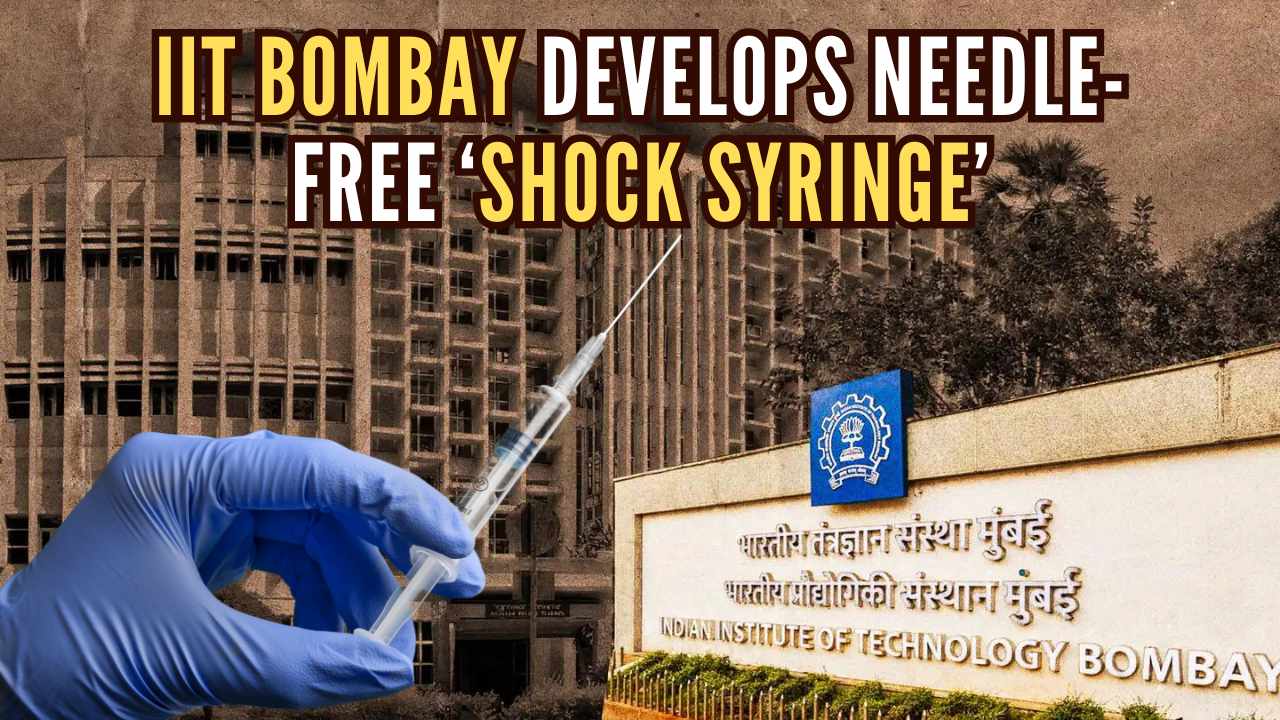Sio Gene Therapies Inc., a clinical-stage company focused on developing gene therapies to radically transform the lives of patients with neurodegenerative diseases, today announced that the U.S. Food and Drug Administration (FDA) has granted Fast Track Designation to AXO-AAV-GM2, investigational gene therapy for the treatment of early infantile, late infantile, and juvenile-onset Tay-Sachs and Sandhoff disease. The Fast Track designation is intended to facilitate the development and review of drugs to treat serious conditions and fill an unmet medical need.
“The FDA’s decision to grant AXO-AAV-GM2 gene therapy Fast Track designation signifies an important milestone towards developing a safe and effective treatment for Tay-Sachs and Sandhoff diseases, both rare and fatal pediatric diseases with no approved treatments,” said Pavan Cheruvu, M.D., Chief Executive Officer of Sio Gene Therapies. “This designation complements the previously granted Rare Pediatric Disease and Orphan Drug designations for AXO-AAV-GM2, along with similar designations for AXO-AAV-GM1 for GM1 gangliosidosis, and we look forward to working closely with the FDA as we continue enrollment in our ongoing, registration-enabling trial in Tay-Sachs and Sandhoff diseases to bring AXO-AAV-GM2 to patients and families.”
The current Phase 1/2 study (NCT04669535) is an open-label, two-stage clinical trial designed to evaluate safety and dose-escalation (Stage 1) and safety and efficacy (Stage 2) of surgical delivery of AXO-AAV-GM2 directly to the brain and spinal cord of pediatric participants with both infantile and juvenile GM2 gangliosidosis (also known as Tay-Sachs or Sandhoff disease).
GM2 gangliosidosis is a set of rare, monogenic neurodegenerative lysosomal storage disorders caused by mutations in the genes that encode the enzyme β-Hexosaminidase A. It can be categorized into two distinct diseases, Tay-Sachs disease, which results from a mutation in the gene encoding the alpha subunit of the β-Hexosaminidase A enzyme (HEXA), and Sandhoff disease, which results from a mutation in the gene encoding the beta subunit of the β-Hexosaminidase A enzyme (HEXB). Children affected by GM2 gangliosidosis suffer from a progressively debilitating disease course and reduced life expectancy. Currently, there are no FDA-approved treatment options for GM2 gangliosidosis.

 Latest pharma news update
Latest pharma news update










.jpeg)



.jpg)
.jpg)














